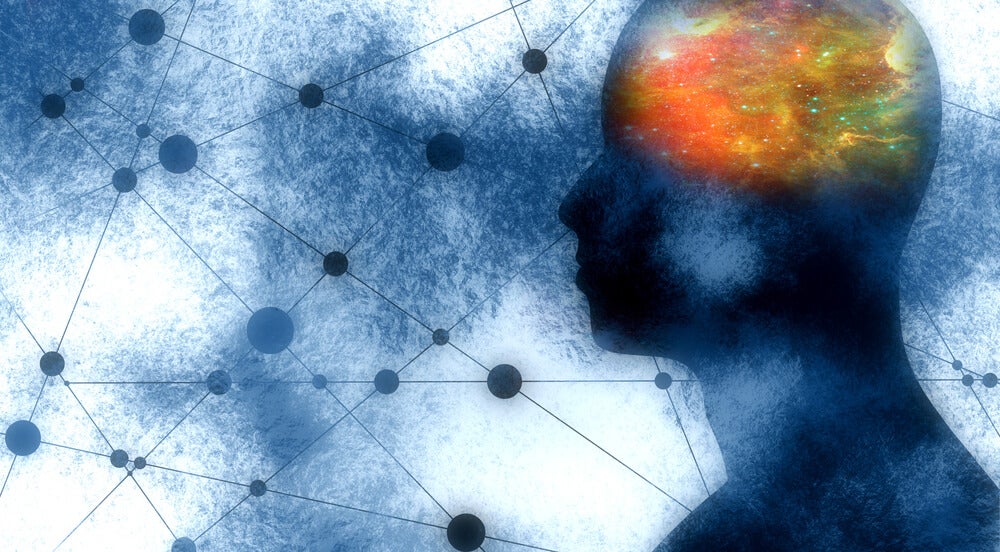Psychological well-being is associated with a wide range of negative myths, facing this trend is to destigmatize mental illness, in this way, by eliminating the possible stigma and associated myths, we will have another healthier, fuller and prejudice-free vision.
It is an approach that leaves the vision of mental health in a pathological perspective, that is, it refuses to emphasize the disease and the negative aspects associated with it, which requires a completely different approach to the situation.
- Next.
- We will explain what is the destigmatization of mental illness.
- What are the most important agents of this process.
- The challenges we face in the demolition of myths.
- The origin of stigma and.
- Finally.
- How to promote destigmatization.
Destigmatizing mental illness involves taking a new perspective and set aside prejudices and discriminatory attitudes. It’s basically about seeing mental health in a different way.
Therefore, talking about destigmatization means giving importance to what mental health really means while recognizing associated disorders from other points of view.
The stigma of mental illness has developed over time through various mechanisms, and of course the origin is the result of fears, myths and stereotypes that together led to discrimination and labelling of those suffering from a mental health problem.
Differences in health problems have been established since ancient times, mental health problems were perceived differently from other health problems, sometimes perceived as negative (e. g. in the Renaissance, associated with the demonic) and in others, as a positive thing associated with an author’s genius. In short, the perception of mental health has always been linked to its historical context.
It is important to note that one of the consequences of stigmatizing mental illness has been the marginalization of those who suffer from it.
Physical health has always been more important than mental health over time, however, we have gradually discovered the importance of the psychological aspects of physical problems and how they relate, moreover, we must not forget that, according to the World Health Organization, health in general includes psychological, social and physical well-being.
In response to this problem, various health agencies have been tasked with instilled in the importance of mental well-being as a fundamental element of people’s health, so mental health has begun to be seen from a different perspective, however, stigma persists.
To stop having the stigma associated with mental illness, we need to start by breaking down some false myths:
As you can see, these myths, the result of unconsciousness, can lead to attitudes of social discrimination, either because the idea of fearing people with mental illness is perpetuated, or because mental health is considered irrelevant.
Thus, if we promote campaigns to prevent and promote mental health it will be much easier to dispel the myths that accompany this situation, in this way we will achieve the destigmatization of mental illness, for this we would need:
We must now also understand that health is a global concept in which several factors interact, none of which should be excluded, so we must try to avoid spreading with social opinion and help dispel these myths from our knowledge.
For there to be a real destigmatization of mental illness, different agents must participate:
In order for there to be a reduction in the stigmatization of mental illness and, ultimately, to achieve a situation of destigmatization, it is necessary to work in several sectors.
In this sense, he and his colleagues propose in their article published in the Journal of the Spanish Association of Neuropsychiatry the proposal of a “complex strategy for a complex problem”, that is, to act through interventions in the following points:
While policy use and strong information transmission are important, these measures alone do not guarantee lasting change, so the support and understanding needed to end this situation must arise in each person. The destigmatization of mental health is everyone’s business.

